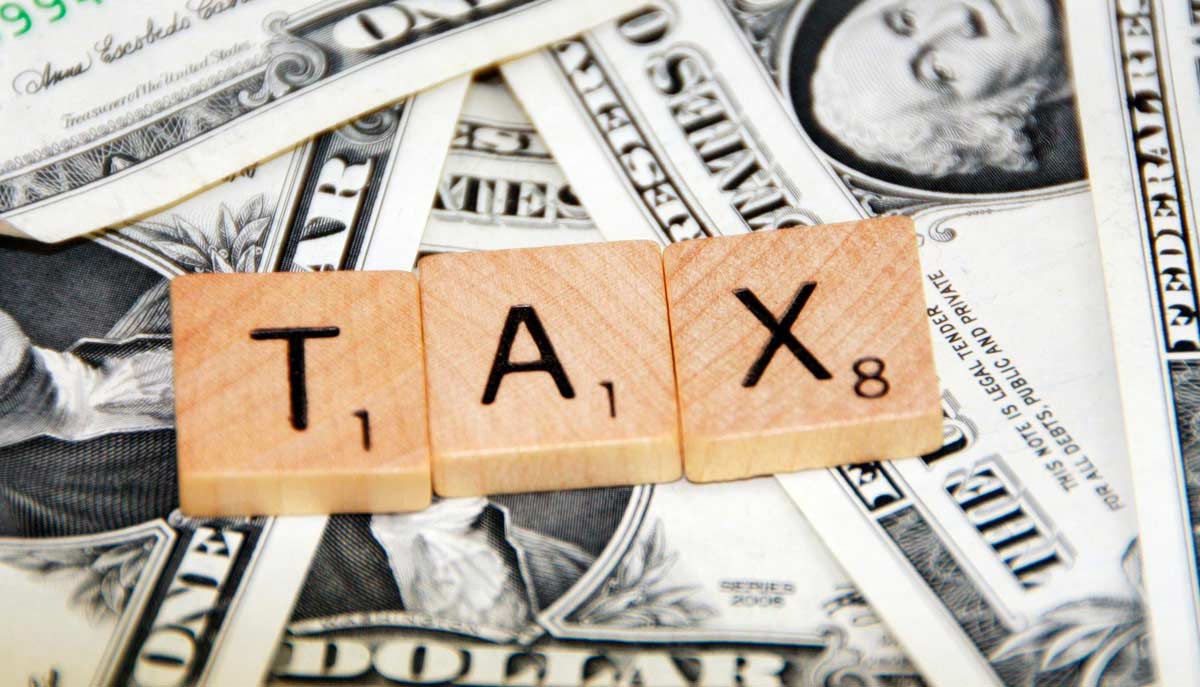
Understanding the Marketplace Fairness Act
In the past, we have documented online sales tax in the United States and the three tax Acts which were currently in the Senate, one being the Marketplace Fairness Act. Last week, the U.S. senate voted 75-24 in favor of a non-binding resolution for an amendment to support the Marketplace Fairness Act in its 2014 budget plan. In doing so, the United States has taken another step towards taxing eCommerce transactions.
What do you need to know about the Marketplace Fairness Act? We answer a few questions on the topic below…
What exactly is the Marketplace Fairness Act?
The Marketplace Fairness Act is an online sales tax bill which would allow all states who participate to collect sales tax from eCommerce transactions that take place online. The main purpose of the Act is to create a “fair” playing field for all retail transactions by taxing all purchases regardless of the purchasing channel.
Under the Act, each state has the choice to set up their own tax requirements or they can partner with other states to create specific tax criteria which would apply to all of the states who collaborated on the effort. Businesses with revenue of $1,000,000 or less in total annual out-of-state sales would be exempt from the Marketplace Fairness Act, meaning the main target of the Act is larger eCommerce companies.
How Would the Marketplace Fairness Act affect online shopping?
Currently major online retailers only need to collect sales tax in states when they have a physical presence (i.e. if the online retailer owns property in the state). This would no longer be the case with the Marketplace Fairness Act, which would require online retailers to collect tax from any digital transaction they conduct in the United States.
This Act does differ from other sales tax proposals which have “died” in Congress in recent years as it gives more freedom to individual states to define what products are subject to the sales tax. These specific definitions should make it easier for online retailers to collect sales tax across multiple states and is a reason why the Act passed so easily within the Senate.
A possible concern for online retailers is the potentially complex nature of allowing states to set their own tax definitions. Instead of dealing with a universal tax for all states, online retailers may look to financial or tax consultants with a focus on the eCommerce industry to fully understand the different sales tax definitions for different parts of the country.
What needs to happen for the Marketplace Fairness Act to become a reality?
In order for the Marketplace Fairness Act to become law, the House of Representatives and the Senate will need to pass the Act as an individual item of legislation when it is part of a larger financial reform bill. Even if the Act does become law, it likely will not take effect until 2014 at the earliest as states navigate taxing online sales as a whole for the first time.
—
In conclusion, the Marketplace Fairness Act could change the way consumers shop online and the prices online retailers charge for their products. Although, according to Forrester, only 59% of online consumers currently consider sales tax while shopping online it remains to be seen if so many consumers will continue to ignore online sales tax in the future.


